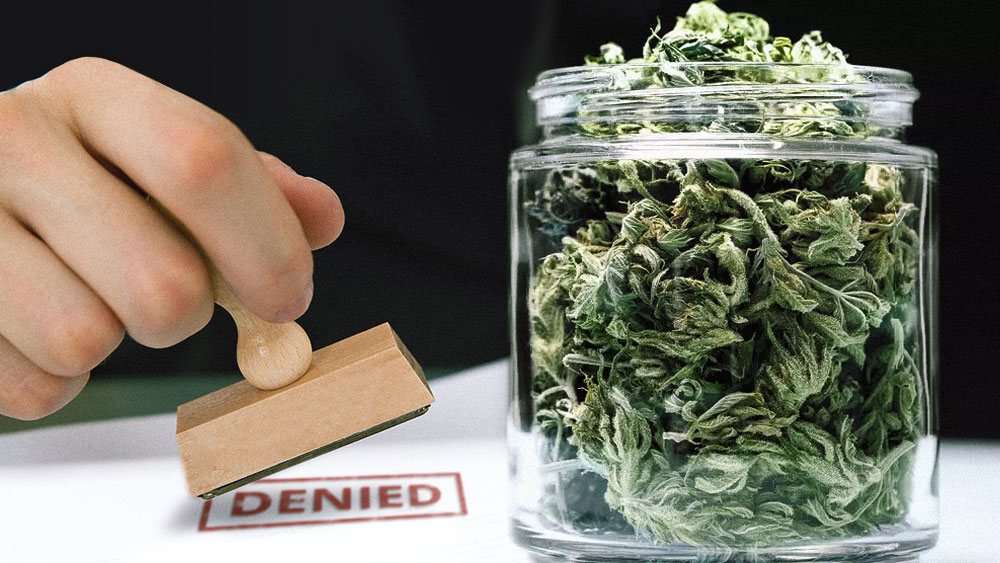A group of lawmakers and marijuana reform advocates is urging the U.S. Supreme Court to hear a case that challenges the Drug Enforcement Administration’s (DEA) classification of marijuana as a Schedule I substance.
This is the ninth amicus brief filed in support of the original plaintiffs in Washington v. Barr, a case brought up by former NFL player Marvin Washington nearly three years ago.
Washington, currently an entrepreneur in the medical cannabis industry with the ambition to expand his business, is representing several other plaintiffs in the case, including an Iraqi war veteran and two medical marijuana patients suffering from seizures. The drug’s scheduling as part of the Controlled Substances Act is unconstitutional, the plaintiffs argue.
A group of scientists also sued the DEA earlier this year over the contentious classification of marijuana, which has hindered research efforts into the plant for decades.
In an amicus brief filed on Tuesday, seven congressmen and women, including representatives Earl Blumenhauer, Barbara Lee, Jamie Raskin, and former presidential candidate Tulsi Gabbard, urge the nation’s highest court to consider the case as they argue marijuana’s classification as a Schedule I substance “creates an unconstitutional framework that unfairly burdens their constituents.”
As a large number of states have already legalized both medicinal and recreational cannabis, the continued “rigid federal criminalization of any cannabis use creates a system that infringes on Constitutional rights,” the lawmakers wrote.
These include the right to interstate travel, to participate in civic life, to contract and engage in interstate commerce, “to make life-saving and life-sustaining medical decisions without government intervention, and to make decisions guided by a clear, nationally-consistent regulatory scheme,” they added.
Justices are scheduled to discuss whether to hear the case on October 9, but the chances of the case making it to the Supreme Court might have been improved with the filing of multiple amicus briefs, particularly the one from members of Congress.
Speaking to Marijuana Moment, Michael Hiller, a New York City attorney whose firm has been representing the plaintiffs pro bono since the case started back in 2017, said the fact that members of Congress filed an amicus brief this week gives additional weight to the case.
“The submission of an amicus brief by seven members of Congress is significant, not only because it adds legitimacy to our petition, but more importantly, because it provides critical support for one of the central points of our appeal, that the only realistic means of resolving the issue of legalization is through the courts,” Hiller explained.
The House of Representatives also plans on holding a vote on the Marijuana Opportunity, Reinvestment and Expungement (MORE) Act, a bill that would legalize pot at the federal level.





